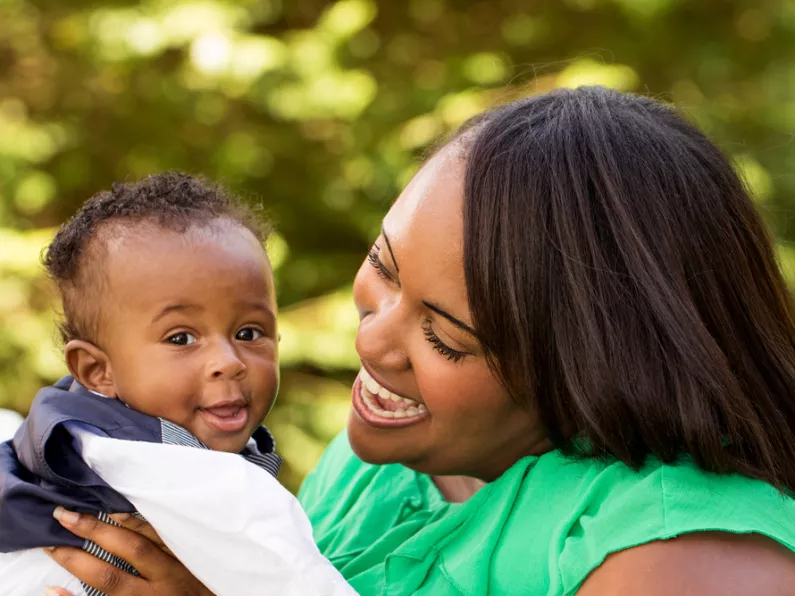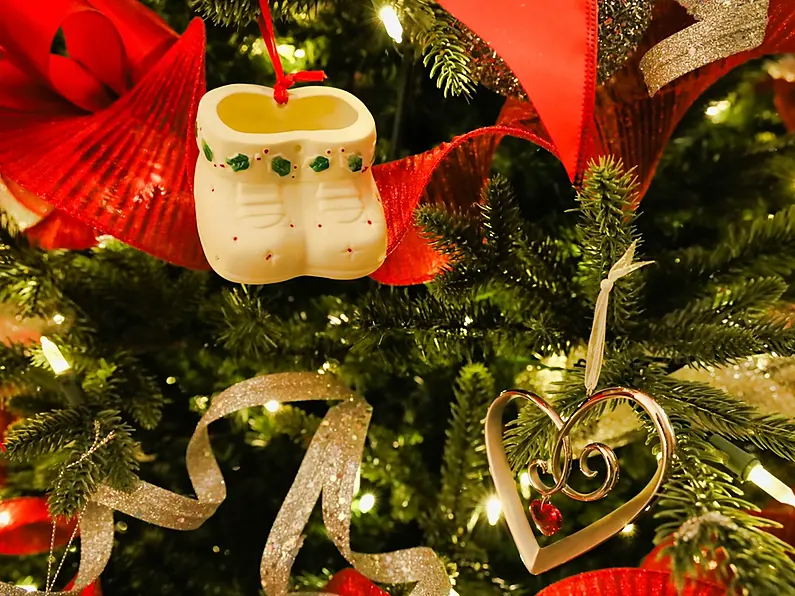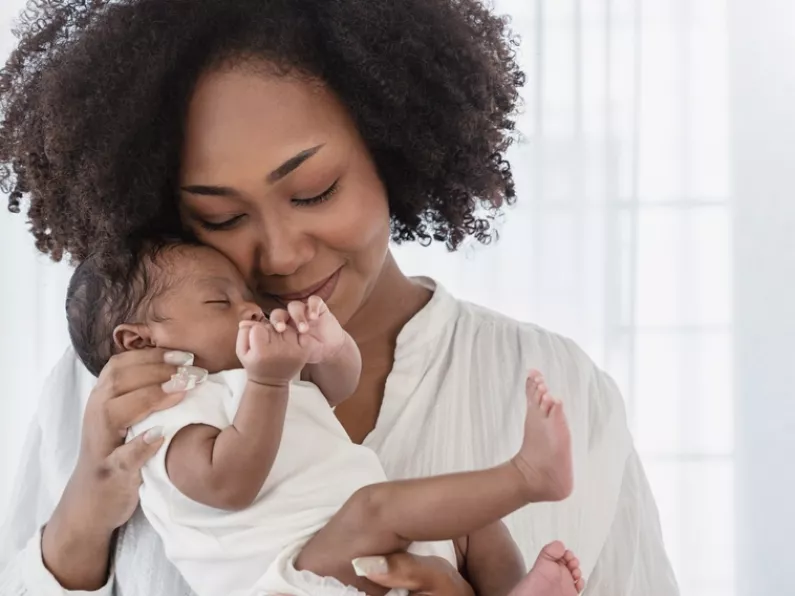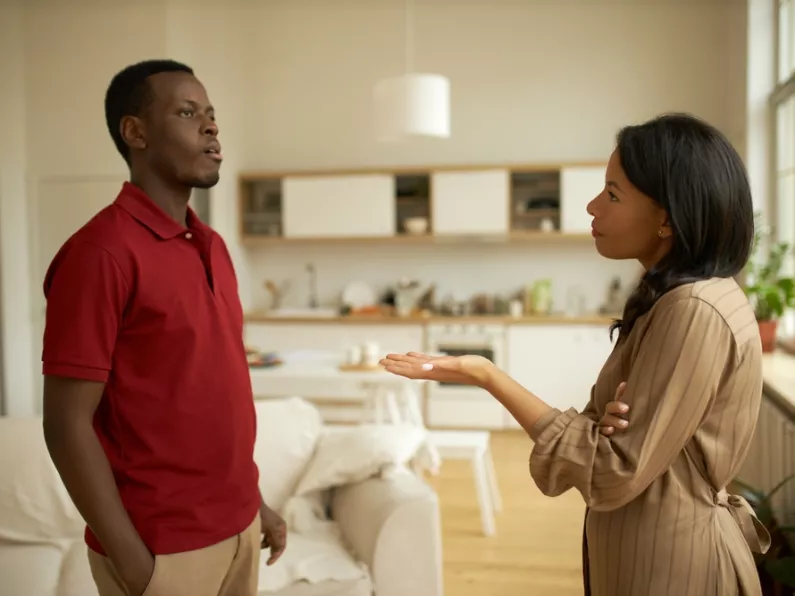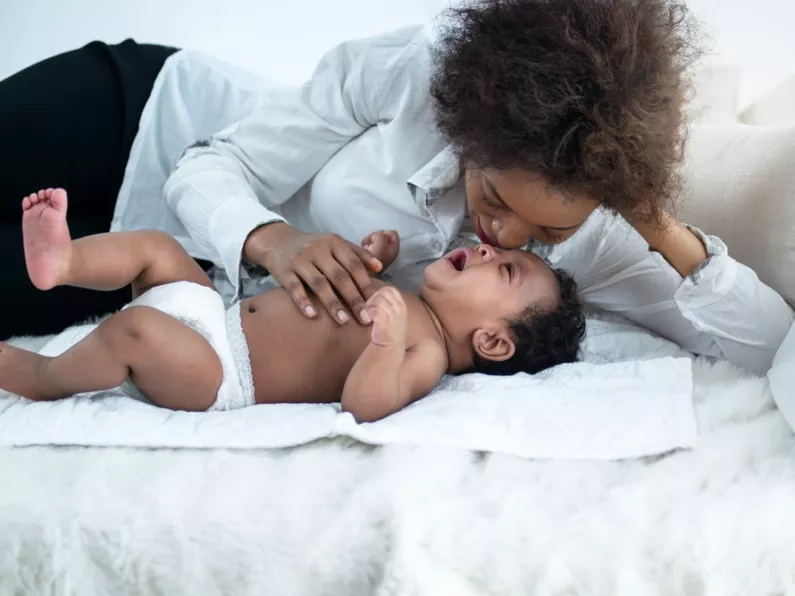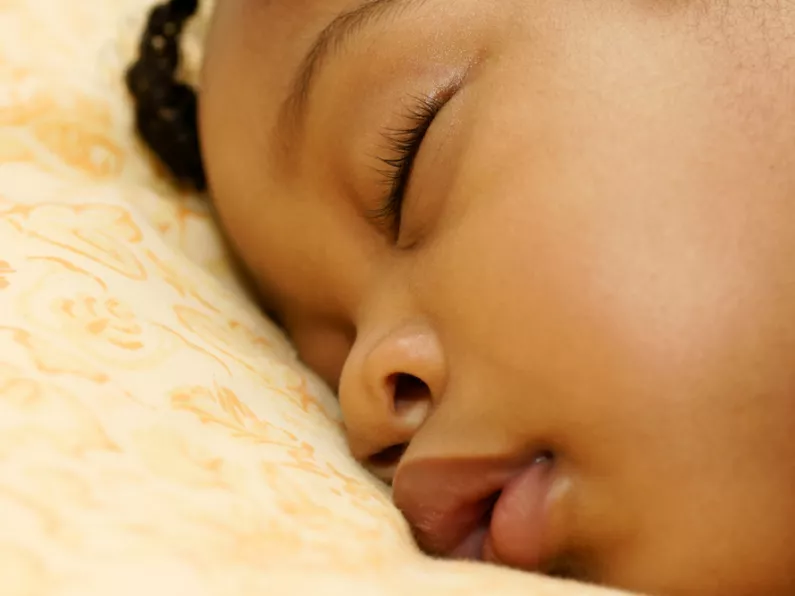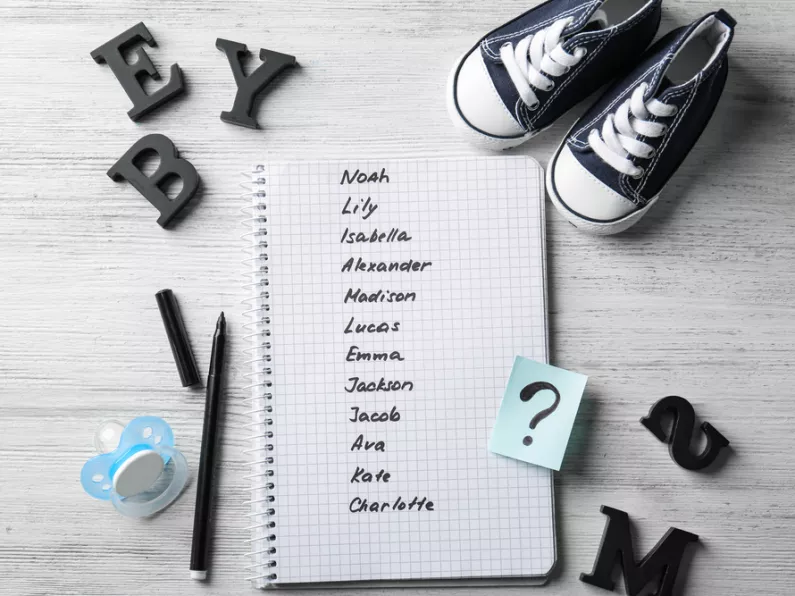We all know it; that high-pitched, goo-goo, gaa-gaa babble that seems to gush out of adults when talking to babies - and now it seems that baby talk actually helps infants form their first words.
Adults instinctively use higher pitch, slow speed and exaggerated pronunciation when talking to babies, but parents have sometimes been discouraged from using baby talk.
Experts have long looked into how this baby babble can help promote speech in infants.
And now, new research from the University of Florida is adding to the evidence that baby talk helps younger infants - less than a year old - learn how to talk.
Baby talk actually helps infants form their first words
According to the study, adults imitate the sounds of a smaller vocal tract when using baby talk, and this helps infants understand how they themselves should sound when they talk.
The researchers looked at frequency sounds that either sounded like an infant or an adult vocal tract and then analyzed how the babies reacted to each.
The sample size was small, as the researchers observed only 65 infants. But, they found that babies aged 4 to 6 months didn’t have much of a preference, but babies aged 6 to 8 months strongly preferred the vocal tract that sounded similar to their own.
Researchers believe this could be because older babies are better able to control their voices and more likely to try to form words out of babble.
These results indicate that baby talk IS valuable, as it helps cognitively “stimulate motor production of speech, not just the perception of speech," Matthew Masapollo, PhD, director of the UF laboratory for the study of cognition, action, and perception of speech, said in a press release.
Co-author Linda Polk, PhD, of McGill University, agreed, saying baby talk helps “prime [babies] to process their own voice.”

